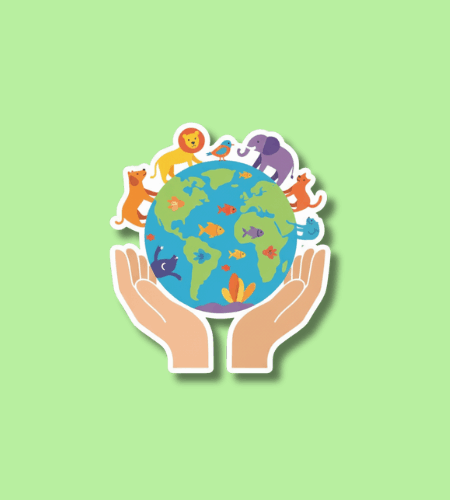Human-Animal Relationship Awareness Week, observed each year during the second full week of November, is a time to reflect on and celebrate the bond between humans and non-human animals.
Table of Contents
History of Human-Animal Relationship Awareness Week
The week was launched in 2016 by the Animals & Society Institute (ASI), a non-profit organization focused on advancing knowledge about how humans and animals relate. ASI chose the second full week of November as the annual observance period, and it has been celebrated globally since then.
The aim was to provide a dedicated period for education, awareness, and action regarding human-animal relationships—spanning companion animals, farmed animals, wildlife, and animals used in research. The initiative emphasizes humane, compassionate, and mutually beneficial relationships between humans and animals.
Why is Human-Animal Relationship Awareness Week important?
At its heart, this week reminds us that the connections people form with animals are both meaningful and have ethical, emotional, and environmental dimensions. Animals play roles as companions, helpers, ecological partners, and fellow inhabitants of our planet. Recognizing and honoring these roles helps foster compassion and responsibility.
Additionally, the way humans interact with animals has broad consequences—on animal welfare, on ecosystems, and on human psychological and social well-being. By raising awareness about the quality of relationships (not just ownership or use of animals), this week promotes more profound understanding and better practices.
- It encourages people to reflect on how they treat animals in their daily life.
- It invites educational settings to include human-animal relationships in curriculums.
- It supports animal shelters, sanctuaries, and advocacy groups to highlight care and respect.
- It promotes respectful coexistence with wildlife and sustainable ways of interacting with animals.
- It reminds us that humane treatment of animals is linked to social values of empathy and justice.
How to Observe Human-Animal Relationship Awareness Week
Celebration of the week can be both practical and heartfelt. On a practical level, individuals or groups might organize events at schools, community centers, animal shelters, or in online spaces to share information about positive human-animal relationships. On an emotional level, it’s a chance to deepen our bond with any animals in our lives—pets, wildlife in local environments, or farm animals—and to consider a more respectful, thoughtful stance toward animals as living beings.
For example, families might spend extra quality time with their pets, or volunteer at an animal rescue center. Educators can use the week to incorporate lessons on animal behavior, welfare, and ethics. Communities might organize nature walks, wildlife observation with respect, or talks on how humans and animals share our world.
- Spend extra time interacting with your pet or companion animal.
- Volunteer at or donate to an animal welfare or rescue organization.
- Learn something new about animals you don’t know much about (wildlife, farm animals, less-common pets).
- Share stories or photos of human-animal relationships on social media using hashtags like #HARAWeek or #HumanAnimalRelationshipAwarenessWeek.
- In educational or community settings, organize a talk, reading, or activity about how humans and animals relate and how to support positive relationships.
Subscribe to our newsletter and never miss a holiday again!

